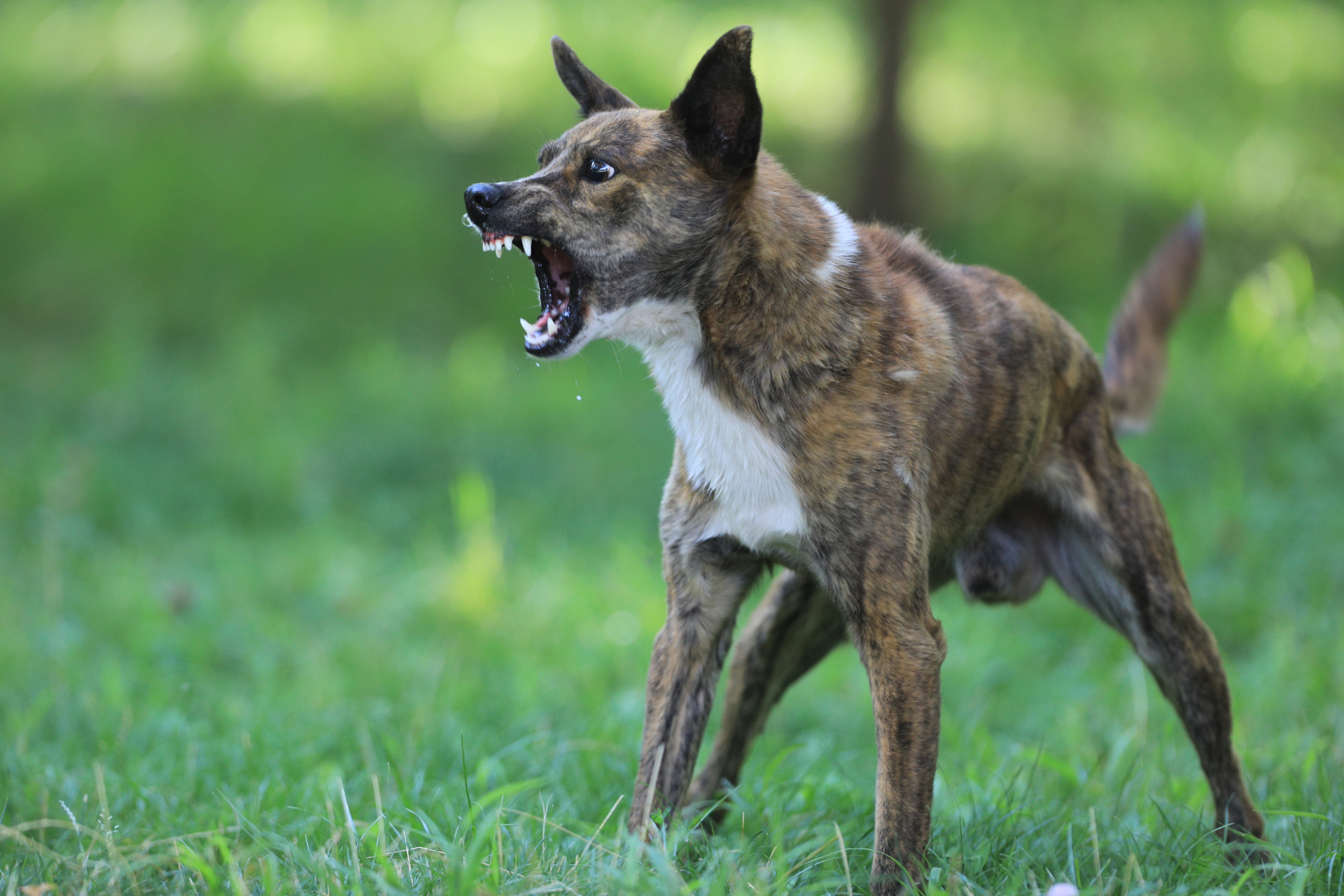Owners responsible for dogs behaving badly

Aggressive dogs are fueling high euthanasia rates. Mayor Moko Tepania says dog desexing and a change in community attitudes are needed in the Far North.
Dogs are behaving badly within our communities, but they’re not the only ones - an increase in irresponsible owners is creating populations of aggressive and unsocialised dogs, and that’s fuelling euthanasia rates across the country.
The lethal combination of aggressive dogs and irresponsible owners is behind the worsening picture of dog control in the Far North, as laid out in the council’s latest annual report on Dog Control Policy and Practices required by the Department of Internal Affairs (DIA). The report shows an increase in aggressive dogs, dog attacks, nuisance dogs, as well as surrendered and unwanted dogs. You can find the report on our website.
A pattern of dog overpopulation, leading to full shelters and climbing euthanasia rates is repeated all around New Zealand, according to media reports. In the Far North, Mayor Moko Tepania is calling on owners and our communities to become part of the solution.
“There has been a noticeable increase in irresponsible owners in the Far North – those who favour aggressive breeds and who are less likely to desex, socialise, train, register, microchip or provide adequate food and shelter for their animals.”
Kahika Tepania says desexing is a key part of the solution because it reduces unwanted litters, roaming and aggressive behaviours, and improves the long-term health of dogs.
“Desexing dogs can cause whakamā (stigma) in some communities, but that’s holding our progress back.”
In the Far North, two tragic deaths caused by aggressive dogs have made headlines in the last few years. However, preventing harm and nuisance is very difficult for the council’s Animal Management Team where dogs are unregistered, not desexed, and not known to them.
“Our specialist animal team can’t protect the community from dogs they don’t know about,” says the mayor. “The council can only act on incidents that are reported.”
Figures from the Accident Compensation Corporation, Te Kaporeihana Āwhina Hunga Whara (ACC) demonstrate clearly that many incidents serious enough to require medical treatment are never reported. There is also no obligation for health care workers to report treatments for dog attacks.
“While it is easy to blame the council for not doing enough about serious attacks, the discrepancy between statistics from the council, and those from ACC, proves that this is as much a community problem as an enforcement one.”
The annual report sent to the DIA includes some sobering statistics. An increase of 26 more aggressive dogs than last year, 21 more dog attacks, a 15 per cent rise in surrendered dogs, and an increase in nuisance dogs (119 more reports of dogs barking, 17 more of dogs rushing). These bad behaviours in turn lead to more dogs that cannot be rehomed, and result in an increasing euthanasia rate - up 15 percent on last year in the Far North. The total euthanasia rate sitting at a depressing 62 percent.
What the report doesn’t show is the day-to-day reality experienced by the council Animal Management Officers (AMO). Dogs tied up 24/7 and left to starve. Dogs allowed to wander and unwanted puppies dumped in parks. These acts of cruelty and callous indifference make dogs anxious, unpredictable and aggressive. They cannot be rehomed, leaving our staff no option but to put them down. It doesn’t make for better work stories, just heartbreaking ones.
The council is increasing its AMO count from 10 to 12 to help address some of the complex issues at the heart of dog control challenges. This will see direct community interactions increase and there’s also potential for community liaison roles and education programmes down the track.
Last year, around 8500 dogs were registered in the Far North, but there remain high numbers of unregistered dogs and dogs the council knows nothing about.
Mayor Tepania says, “That should be a frustration to our communities. There is a duty of care required here, not just from dog owners but also from our communities - to make sure there isn’t a code of silence keeping bad owners and aggressive dogs under the radar. When neighbours hide or rehome dogs that have attacked people, they are betraying their own communities.”
So, what more can the council do to address dog control issues and reduce dog euthanasia rates? Legislative change is one tool. This takes time but can be far reaching. The council would like to see changes to the Dog Control Act that will increase enforcement options. We also want financial barriers to getting dogs desexed reduced and penalties for not desexing dogs. At the same time, being a responsible dog owner should be easier, because there should be no need to impound dogs that are registered and under their owner’s control.
Mayor Tepania says a shift in community attitudes is the ‘big picture’ change that tops all others. “The responsibility for bad dogs rests squarely on the shoulders of irresponsible owners, not those dealing with the harm they cause in our communities. A zero tolerance for irresponsible dog owners would have the greatest impact on our dangerous dog problem.”

